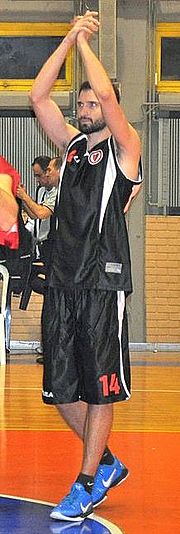Tampilan
(add a point) |
k (1 versi terdahulu) |
Revisi terkini pada 03:07, 21 Januari 2010
Gilbert K. Chesterton (1874 - 1936), born in London, was a prolific English writer of the early 20th century. Though he considered himself a mere "rollicking journalist," he was actually a prolific and gifted writer in virtually every area of literature including journalism, poetry, biography, fiction, and Christian apologetics. A man of strong opinions and enormously talented at defending them, his exuberant personality nevertheless allowed him to maintain warm friendships with people such as George Bernard Shaw and H. G. Wells, with whom he vehemently disagreed.
|
Multimedia
|
Chesterton was notably concerned in what he wrote with religious matters. His classic Orthodoxy was published in 1909, the purpose of which (in his own words) was "to attempt an explanation, not of whether the Christian Faith can be believed, but of how he personally has come to believe it," (from the Preface). He found in Christianity the answers to the dilemmas and paradoxes he saw in life. A liberal critic of inerrancy, he formally became a Roman Catholic in 1922.
C. S. Lewis considered Chesterton's The Everlasting Man (1925) to be the best popular defense of the full Christian position he knew of (The Collected Letters, Vol. 2) and listed it among the top ten books most influencial in shaping his philosophy of life (article in The Christian Century June 6, 1962).
He wrote a hundred books, contributions to 200 more, hundreds of poems, including the epic Ballad of the White Horse, five plays, five novels, and some two hundred short stories, including a popular series featuring the priest-detective, Father Brown. In spite of his literary accomplishments, he considered himself primarily a journalist. [1]
- More extensive supplemental information may be found in the Wikipedia article G. K. Chesterton.
Resources
- Joseph Pearce, Wisdom and Innocence - A Life of G. K. Chesterton, Hodder & Stoughton, London, 1996. ISBN 0340671327
- Michael Coren, Gilbert: The Man Who Was G. K. Chesterton, Paragon House, New York, 1990. ISBN 1573831956
